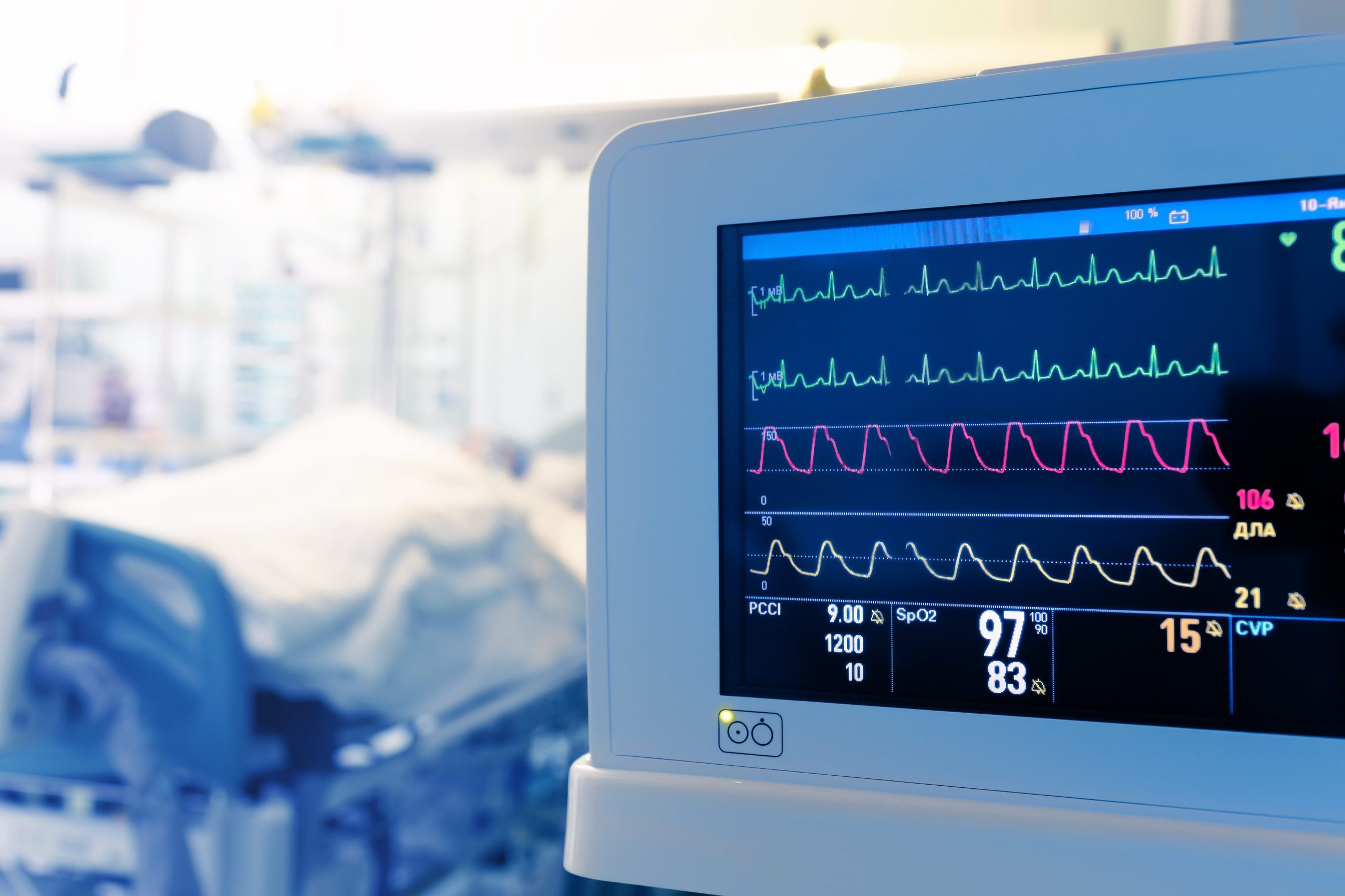Is Arrhythmia Dangerous for Your Health? How Serious is Cardiac Arrhythmia?

Cardiac arrhythmia is a term used to describe an irregular heartbeat, and it affects between 1.5% and 5% of people in the United States. It has the potential to be a serious and even deadly problem. Let’s take a closer look at this medical condition.
Cardiac Arrhythmia Symptoms
In some cases, a person might not notice any signs or symptoms of heart arrhythmia, and it might only be noticed by a doctor. However, many people do feel certain symptoms, such as a fluttering feeling in the chest, shortness of breath, or chest pain. Those who have a racing heartbeat could have tachycardia, which is a type of cardiac arrhythmia which makes the heart beat quickly. Someone who has a unusually slow heartbeat could have bradycardia, which is another type of heart arrhythmia.
Some of the other potential symptoms could include sweating, fainting, lightheadedness, dizziness, fatigue, and anxiety.
When Should You Talk to Your Doctor to Seek Medical Treatment?
Those who feel that their heart is beating too fast or too slow, or that their heart is skipping a beat, will want to get in touch with their doctor as soon as they can make an appointment.
If you feel weak or dizzy, or if you have shortness of breath, chest discomfort/pain, or lightheadedness, you will want to get medical attention right away. These could be signs of a serious problem.
There is another type of arrhythmia called ventricular fibrillation, which doesn’t always have noticeable symptoms before it takes effect. This causes a drastic drop in blood pressure, and it can occur in a matter of seconds. The person will soon stop breathing and their pulse will stop. Someone in this condition needs immediate medical help and will need to call 911 ASAP.
Risk Factors
Several different elements of a person’s life could cause them to develop an irregular heartbeat. They could have had complications from previous heart surgery, coronary artery disease, or high blood pressure that contribute to the problem. Some could be born with a heart condition. Having an electrolyte imbalance and suffering from obstructive sleep apnea could increase your risk factor, too.
Additionally, some lifestyle issues could be causing problems with your heartbeat. Drinking too much alcohol, for example, could affect the electrical impulses in the heart, which could increase your risk. Caffeine, nicotine, and other types of stimulants can cause the heart to beat faster and cause you to develop an arrhythmia as well.
What Is the Best Medical Treatment for Irregular Heartbeat?
There is no “best” treatment for irregular heartbeat simply because all patients are different and arrhythmia can differ. In some cases, it may be less severe and require monitoring rather than an active treatment. Other times, treatments will be necessary, and the scope and type will vary.
Using medication to help treat cardiac arrhythmia is known as chemical cardioversion. The medication could be provided intravenously or orally. Another type of treatment is called electrical cardioversion, which is an electric shock treatment. It provides a shock that is meant to reset a normal heartbeat.
There is also atrial fibrillation ablation, which requires a doctor to create small scars on the heart to cause a break in the electrical signals that cause irregular heartbeats. Catheter ablation is a treatment that destroys small parts of tissue that are causing the arrhythmia. Additionally, there are implantable devices that can monitor, synchronize, and reset the heart rhythm.
The one that will be deemed the “best” is going to differ from one patient to the next. You will want to speak with your doctor about the options you have available to find the one that is right for you.
Prevention for Heart Arrhythmia is a Good Treatment
Prevention can the best medicine. Making some lifestyle changes could help to reduce a person’s risk of developing an irregular heartbeat. While these tips won’t change congenital heart issues, they can help to get your heart healthier and could prevent cardiac arrhythmia in some people.
Things To Do To Prevent Heart Arrhythmias
You should start eating a heart-healthy diet and work to stay physically active, so you can maintain a healthy weight. Limit alcohol and caffeine and stop smoking if you are a current smoker. Find ways to reduce your stress levels, and always follow your doctor’s orders for heart health and to avoid the risk of cardiac arrythmias.
Always Consult with a Doctor for Any Heart Treatment Advice
Problems with your heart are never anything to ignore, even if you feel they are minor issues. When it comes to your cardiac health, there is no such thing as a small problem. Always take the time to speak with a medical professional about any issues you have and to get your heart checked out.
Cardiovascular Research and Training Institute
Researchers at the Nora Eccles Harrison Cardiovascular
Research and Training Institute (CVRTI) are studying what can impact the heart’s electrical patterns and how to best diagnose, maintain, and treat cardiac arrhythmias. The CVRTI is committed to better understanding how to maintain a healthy and normal heart and improve heart health outcomes.
CVRTI is famous because, thirty years ago, its Investigators discovered the molecular basis of the most prominent genetically acquired arrhythmia syndrome (“Long QT Syndrome”) and identified how common medicines can result in these highly dangerous heart arrhythmias. Now, Investigators are studying the mechanisms underlying atrial fibrillation and ablation techniques with the goal of improving ablation outcomes (Ranjan).
They are also studying techniques to prevent and terminate life threatening arrhythmias without the need for shocking the heart (Dosdall, Shaw) The genetic and metabolic basis for some of these arrhythmias is also being investigated (Aromolaran, Palatinus, Tristani). Research at CVRTI is changing cardiac arrhythmia patients. Contact CVRTI to learn more about ongoing research for cardiac arrhythmia.


